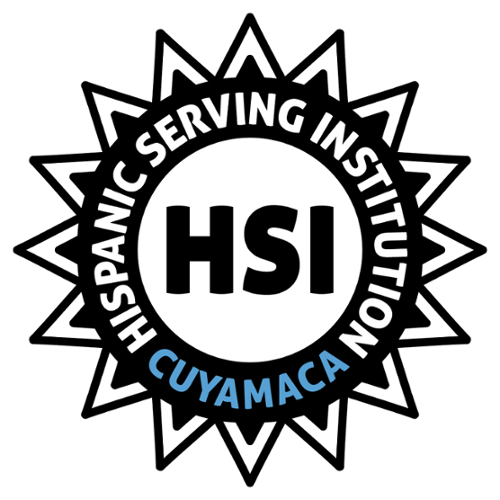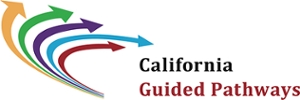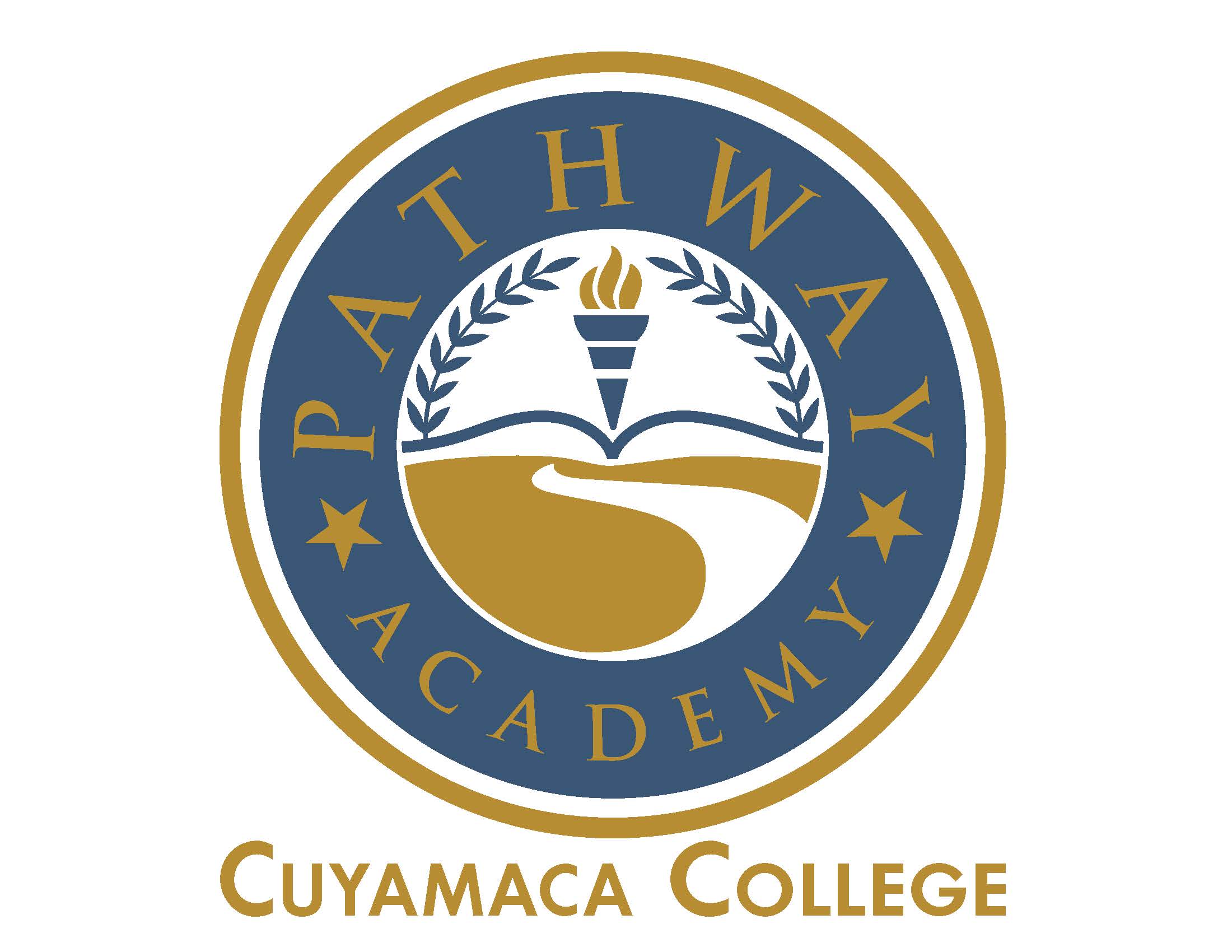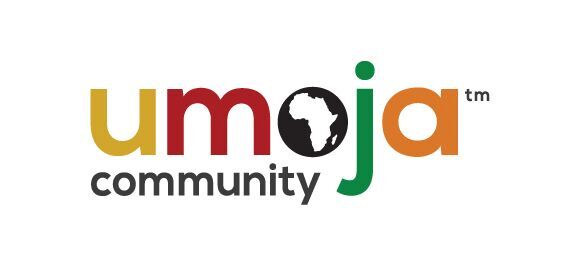Contact
Jesus Miranda, M.S.
Associate Dean of Student Equity and Engagement
Email: jesus.miranda@gcccd.edu
Phone: 619-660-4007
Student Equity
Cuyamaca's Equity Lens
Cuyamaca College honors that we are privileged to be part of a diverse academic community committed to fostering and advocating equity mindedness, inclusivity, civility, and social justice. While we recognize that every one of us has biases, prejudice is learned and can be unlearned, and we reject all forms of discrimination against any member of our community. We actively work to eliminate any achievement gaps among different student groups and to promote a campus culture of healthy diversity.
-Student Success & Equity Council
Equity Framework
Supports our Equity Lens:
Equity Mindedness: The perspective or mode of thinking exhibited by practitioners who call attention to patterns of inequity in student outcomes and who actively work to eliminate equity gaps in the classroom and programs. Central to equity mindedness is the concept of race consciousness, which embraces an awareness of one’s own race and the race of others. In sharp contrast to “color-blindness or race neutral,” a race-conscious approach acknowledges the social and historical context of race in higher education and the impact of race on students’ educational opportunities.
Inclusivity: An intention or policy of including people who might otherwise be excluded or marginalized, such as those who are differently-abled or those from historically racially and or other underrepresented groups.
Civility: Respect and courtesy in behavior or speech and as a means to engage with, validate and learn from the various experiences, beliefs, perspectives and goals that our students bring with them.
Social Justice: Based on the concepts of human rights, race and gender equality, this concept can be defined as "the way in which human rights are manifested in the everyday lives of people at every level of society." The active correction of institutions and institutional practices that were inherently designed to marginalize specific groups of people.
Unlearning Prejudice: Human beings are all prejudiced in one way or another and have conscious and/or unconscious biases. In light of this, we are required to start from the root and go back to our psyches and beliefs to untangle the reasons why we act with bias in the first place. To do this, we need to identify what information we have acquired over the years that has formed our beliefs and made us unduly prejudiced and biased. The only way we can change our beliefs, behaviors, and actions is by dealing with the root of these biases.
Implementation:
- Professional Development for faculty and staff;
- Curriculum, Pedagogy, and Student Support;
- Student Engagement and Validation;
- Research and Inquiry (to identify general and discipline-specific programs, courses and high-impact practices which show a high degree of success with groups of students currently disproportionately impacted and under-served by the institution);
- Data-driven Evaluation and Culture of Improvement.
Equity-based College Efforts:
RISE:Resources for Immigrant Students in Education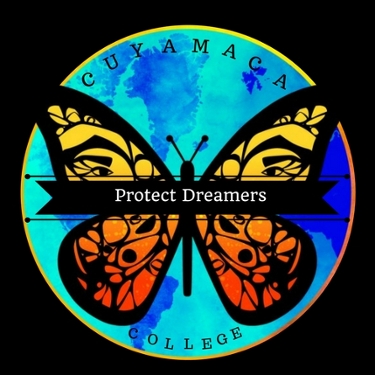
Student Engagement and Validation
Contact
Jesus Miranda, M.S.
Associate Dean of Student Equity and Engagement
Email: jesus.miranda@gcccd.edu
Phone: 619-660-4007


